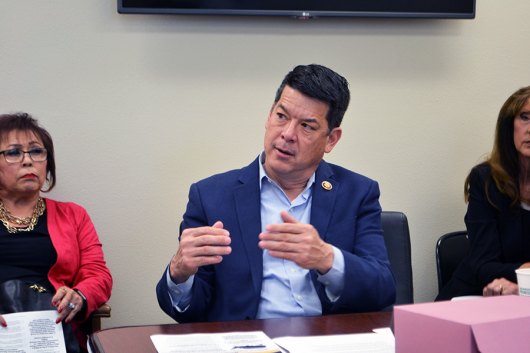
Central Valley Congressman TJ Cox sought to ensure that Central Valley priorities were not ignored in the minibus, including federal funding for education in underserved communities in the Central Valley through the TRIO Programs.
The Federal TRIO Programs (TRIO) are Federal outreach and student services programs designed to identify and provide services for individuals from disadvantaged backgrounds. TRIO includes eight programs targeted to serve and assist low-income individuals, first-generation college students, and individuals with disabilities to progress through the academic pipeline from middle school to post-graduate programs. TRIO also includes a training program for directors and staff of TRIO projects.
Discretionary funds are granted to IHEs and other nonprofit organizations for up to five years. Rep. Cox advocated increasing TRIO funding by $10 million in the House agreement. The agreement is $150,000,000 above the President’s fiscal year 2021 budget request.
“Quality education is the equalizing force that can help kids succeed no matter their ZIP Code. In the middle of the COVID crisis, programs like TRIO are more important than ever to level the playing field for Central Valley students,” said Cox. “If Congress takes its foot off the gas at this critical moment, Central Valley students will miss out on major opportunities that can set them up for success.”
Currently, the 21st District receives $1,790,734 in funding, serving 626 students across six projects. Rep. Cox has continued to push to increase the program's funding, signing onto the bipartisan TRIO COVID letter urging the inclusion of TRIO in the House's HEROES Act. This request would serve 98 additional first-generation, low-income students and unemployed adults, providing $622,549 to the congressman’s district alone.